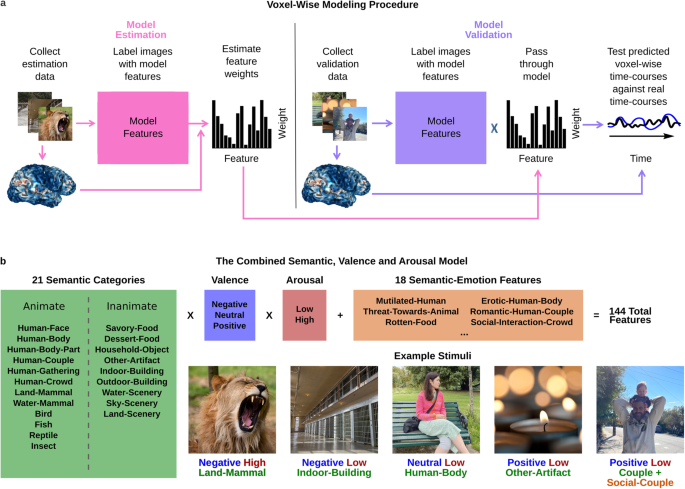2024-07-15 カリフォルニア大学校アーバイン校(UCI)
◆この介入策は、スマートフォンやタブレット、コンピュータで健康データを入力できるウェブベースの電子患者報告アウトカム(ePRO)ツールです。複数の言語で利用可能で、デジタル分析を組み合わせています。治療のたびに参加者が症状や副作用を記録・提出し、腫瘍薬剤師がリアルタイムで評価し、早期介入します。2021年7月から2023年6月にかけて行われたこの試験では、ヒスパニック系およびアジア系の参加者が白人よりも高いレベルの痛み、吐き気、嘔吐を報告し、頻繁に緊急治療を受けていることが判明しました。
◆このアプローチは、言語の壁を減らし、リアルタイムの分析を利用し、薬剤師によるタイムリーで個別の症状管理を可能にすることで、患者中心のケアを促進し、健康成果の改善に寄与する可能性があります。
<関連情報>
- https://news.uci.edu/2024/07/15/uc-irvines-electronic-patient-reported-outcome-tool-reduces-cancer-care-disparities/
- https://ascopubs.org/doi/10.1200/OP.24.00050
マイノリティ集団におけるがん専門薬剤師による電子的な患者報告による成果主導型症状管理: 実施研究 Electronic Patient-Reported Outcome-Driven Symptom Management by Oncology Pharmacists in a Majority-Minority Population: An Implementation Study
Alexandre Chan, PharmD, MPH, BCOP, FCCP ; Ding Quan Ng, BScPharm(Hon) ; Daniela Arcos, MS ; Matthew Heshmatipour, BS ; Benjamin J. Lee, PharmD ; Alison Chen, PharmD ; Lan Duong, PharmD, Linda Van, PharmD, Thomas Nguyen, PharmD, Vuong Green, PharmD, and Daniel Hoang, PharmD
JCO Oncology Practice Published:July 15, 2024

Abstract
Purpose
There is a lack of systematic solutions to manage supportive care issues in racial/ethnic minorities (REM) receiving treatment for cancer. We developed and implemented an electronic patient-reported outcome (ePRO)–driven symptom management tool led by oncology pharmacists in a majority-minority cancer center located in Southern California. This study was designed to evaluate the implementation outcomes of our multilevel intervention.
Methods
This was a prospective, pragmatic, implementation study conducted between July 2021 and June 2023. Newly diagnosed adult patients with cancer receiving intravenous anticancer therapies completed symptom screening using ePRO that consists of the Patient-Reported Outcomes Measurement Information System measures at each infusion visit during the study. ePRO results were presented to an oncologist pharmacist for personalized symptom management and treatment counseling. The RE-AIM framework was used to guide implementation outcomes. Differences in symptom trajectories and clinical outcomes between groups were tested using generalized estimating equations.
Results
We screened 388 patients of whom 250 were enrolled (acceptance rate: 64.4%), with 564 assessments being completed. The sample consisted of non-Hispanic White (NHW, 42.4%), Hispanic/Latinx (H/L, 30.8%), and non-Hispanic Asian (20.4%), with one (21.6%) of five participants preferring speaking Spanish. Compared with NHW, H/L participants had greater odds of reporting mild to severe pain interference (odds ratio [OR], 1.91 [95% CI, 1.18 to 3.08]; P = .008) and nausea and vomiting (OR, 2.08 [95% CI, 1.21 to 3.58]; P = .008), and higher rates of urgent care utilization (OR, 1.92 [95% CI, 1.04 to 3.61]; P = .04) within 30 days. Nausea and vomiting (n = 131, 23.2%), pain (n = 91, 16.1%), and fatigue (n = 72, 12.8%) were most likely to be intervened, with 90% of the participants expressing satisfaction across all visits.
Conclusion
Our multilevel ePRO-driven intervention led by oncology pharmacists helps facilitate symptom assessments and management and potentially reduce health disparities among REM.

